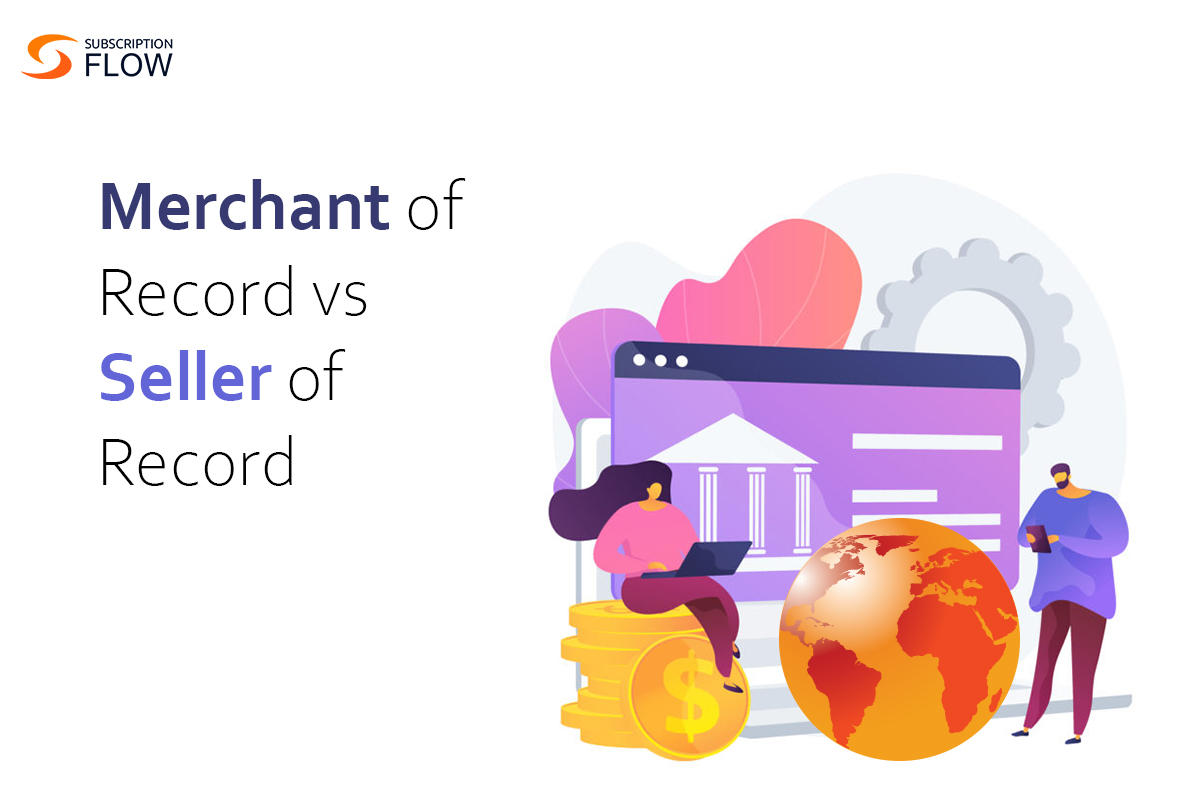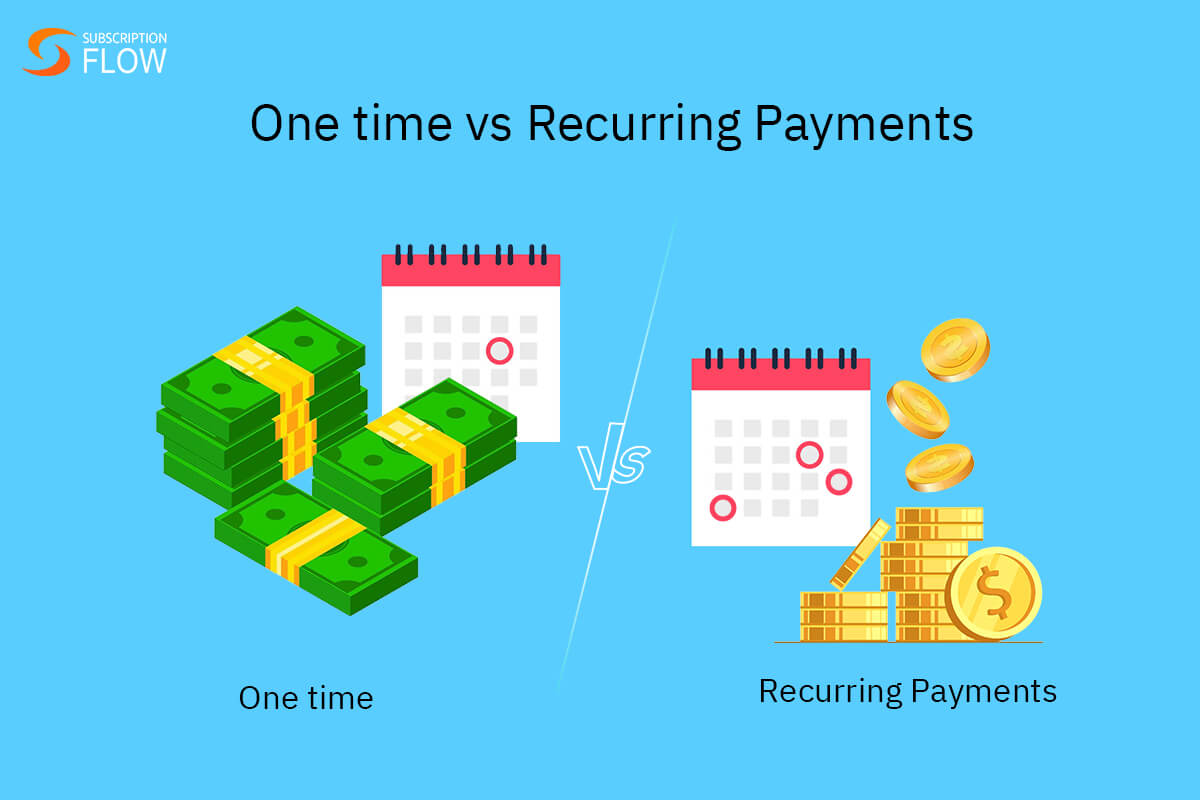
Navigating the Realm of Merchant of Record vs Seller of Record
Beyond simple semantics, the relationship between Merchant of Record (MoR) and Seller of Record (SoR) involves legal frameworks, financial ramifications, and operational nuances that influence how business transactions are conducted.
The purpose of this article is to explain the nuances of Merchant of Record vs Seller of Record, offering a thorough overview of their roles, definitions, and important differences that affect how organisations make decisions. We shall clarify the considerations that influence the decision between MoR and SoR by comparing and examining various legal regimes. Understanding these positions becomes important for businesses looking to succeed in the dynamic world of commerce, not just for compliance reasons as the business landscape changes. Come along on the ride as we navigate the domains of Merchant of Record and Seller of Record, where success depends on having clarity as your compass.
What is the Merchant of Record (MoR)?
As the party in charge of handling and enabling financial transactions on behalf of a firm, the Merchant of Record (MoR) is an important player in commercial transactions. The MoR takes on financial and legal responsibilities as the designated entity for payment handling, guaranteeing regulatory compliance and reducing risks for the selling entity. In essence, the MoR manages the entire transaction process, from regulatory compliance to payment authorization, offering businesses and customers a simplified and safe environment.
What is the Seller of Record (SoR)?
The organisation in charge of carrying out a sales transaction and supervising the delivery of products or services to the client is known as the Seller of Record (SoR). In contrast to the Merchant of Record (MoR), the SoR concentrates on order fulfilment, inventory management, and providing a positive customer experience rather than necessarily handling the financial part of the transaction. In order to successfully facilitate transactions, the SoR collaborates with the MoR to shoulder financial duties, which it normally does in addition to playing a crucial role in the operational side of sales.
Seller of Record vs Merchant of Record
Now that the basic idea of the merchant of record and the seller of record is clear, it is time to explore the major points of difference between them.
1. Financial Responsibility
In the case of Merchant of Record (MoR), the services provider is responsible for financial activities e.g. transactions, tax compliance and adherence to rules etc. If you opt for a MoR provider, there will be no need to worry about financial activities as it becomes the responsibility of the Merchant of Record provider to manage everything regarding transactions etc.
However, Seller of Record has nothing to do with your financial operations rather they deal with order fulfilment of the order and its delivery.
2. Legal Obligations
Subscription businesses need to process payments beyond borders, and every country and region can have different rules and regulations regarding financial transactions. To comply with them is important if you want to get paid from your customers in time. So, Merchant of Record providers ensure that transactions comply with these regulations. On the other hand, Seller of Record focuses mostly on contractual duties pertaining to the supply of goods or services; less involved in the financial and legal ramifications of transactions.
3. Risk Exposure
The risks that MoR and SoR face differ. The Seller of Record mostly face risks regarding inventory management during their order fulfilment. Also, they sometimes need to deal with customer dissatisfaction when an order is not delivered on time or misplacement of the order. On the contrary, the risks or the challenges faced by MoR providers are not related to inventory or orders rather they are of a financial nature. MoR bears financial and regulatory risks, including chargebacks, fraud prevention, and compliance with tax laws, making risk mitigation a key aspect of its role.
4. Customer Interaction
The way the merchant of record and seller of record interact with customers also differ significantly. If you are a MoR provider, you do not need to directly interact with the end customer. The system dealing with the Merchant of Record will take in the information from the customer. This information is used to process payments, make transactions, and manage billing inquiries. On the other hand, SoR providers need to deal with customers directly for product or service inquiries, delivery updates, and post-purchase support.
5. Operational Focus
Seller of Record focuses on operational efficiency, supply chain management, and customer satisfaction to ensure successful product or service delivery. However, Merchant of Record emphasizes financial accuracy, payment security, and compliance, playing a pivotal role in the financial aspects of the transaction while collaborating with the SoR to achieve a seamless customer experience.
Hopefully, the concept of Merchant of Record vs Seller of Record is clear to you. If you need Merchant of Record services, then contact or book a demo with SubscriptionFlow’s team of experts now.










